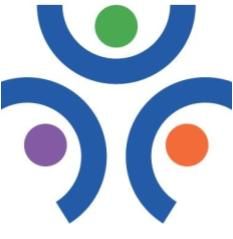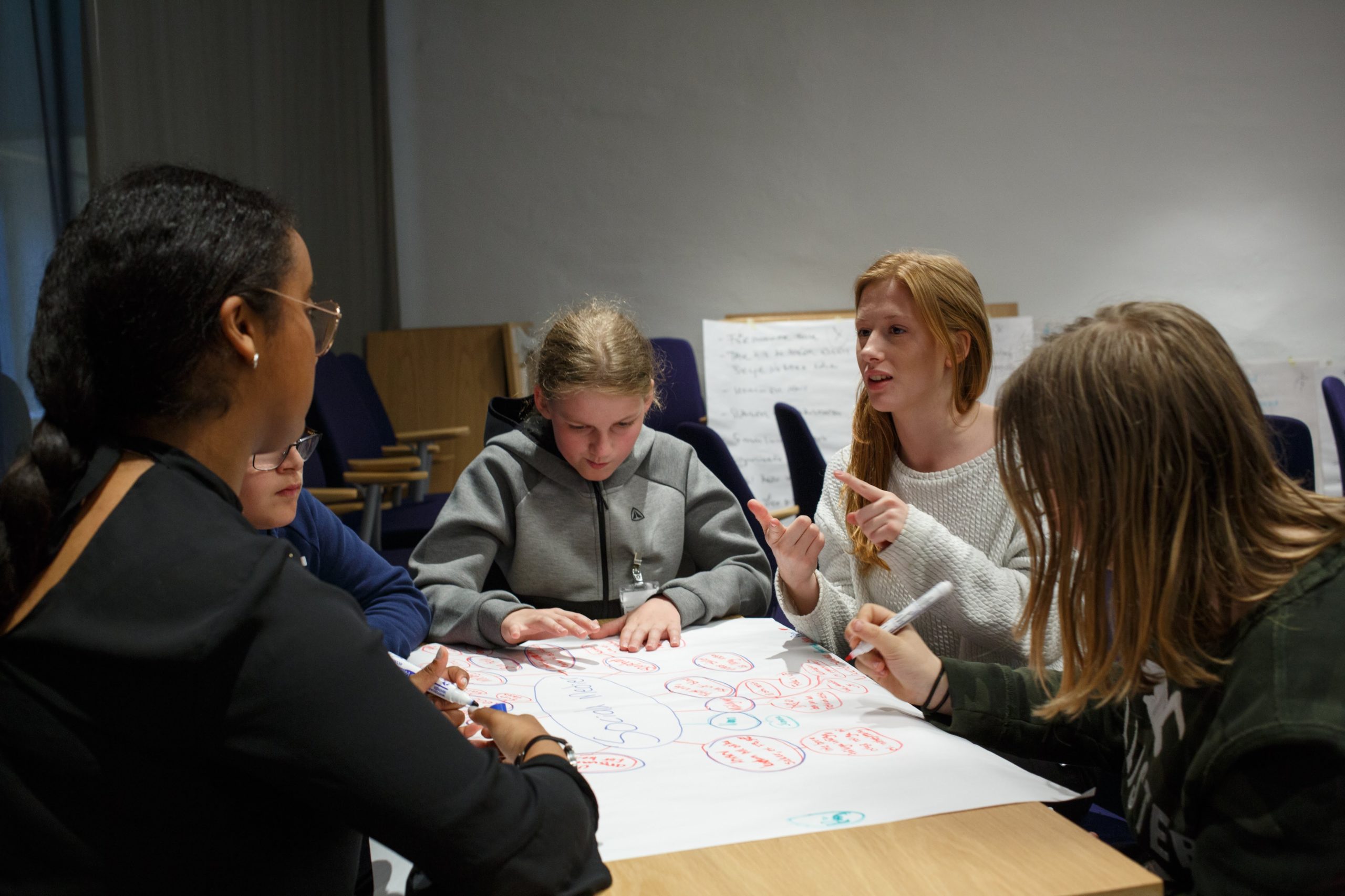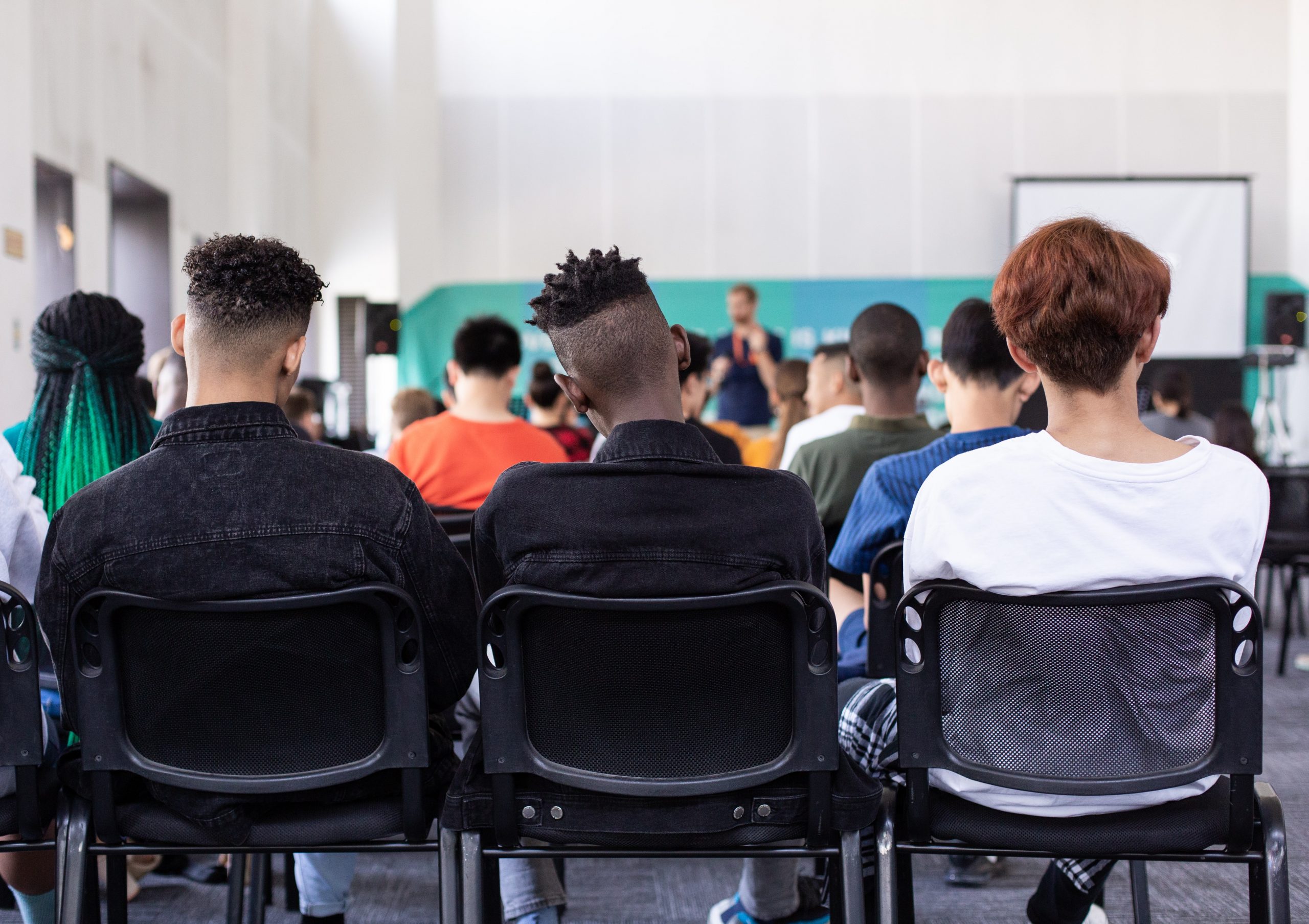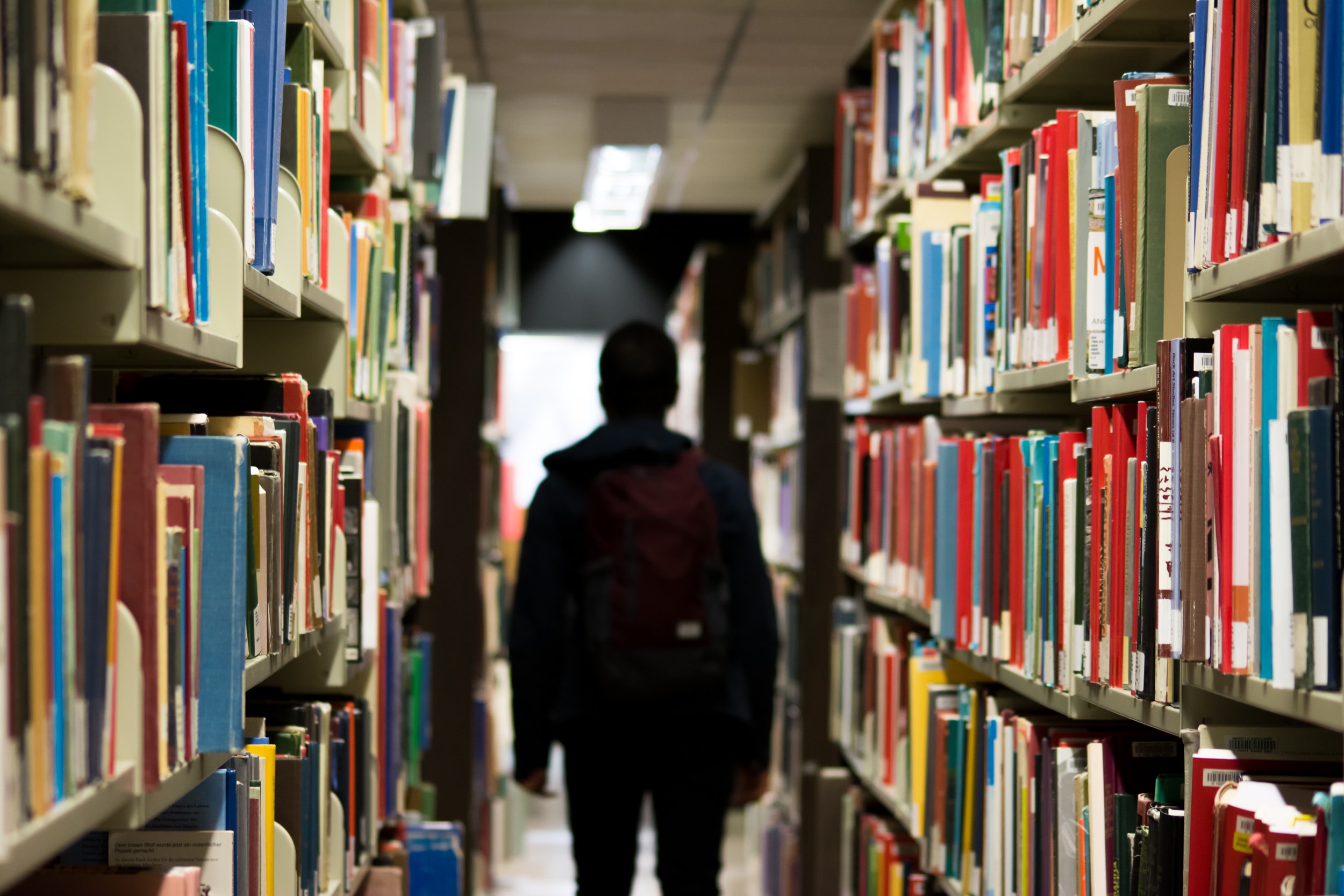If you have spent any time researching alternative education plans, you have probably encountered one or both of the following terms: accommodations and modifications. At first glance, they can appear synonymous, and understandably parents and educators often use them interchangeably. However, they represent two fundamentally different things
Modifications for Students
Families are making the choice to enroll their students in non-public schools. Some independent day schools encourage a non-traditional approach to learning by implementing innovative and radical strategies. Students with learning disabilities are offered a fair shot at success in academia.
Educators in alternative schools do more than simply accommodate different learning styles—they modify the curriculum to suit students’ needs. Custom curriculums are formulated alongside parents and caregivers, enabling a student to fully comprehend the content that is being taught. When curriculum is modified, students are given different problems then the ones that are taught statewide.
In the state of Michigan, when a large part of the curriculum is modified, students are given a certificate of completion upon graduation as the modified curriculum does not meet Michigan’s standard of education.
Accommodations for Students
Although public schools have long attempted to mainstream students with developmental and learning disabilities into the traditional classroom, parents and students have become increasingly frustrated by the lack of resources. Educators in this environment are not always prepared to effectively educate students with challenges. The issue at hand is the fact that teachers are not informed on how to modify curriculum, only to accommodate students during school hours.
Depending on the level of training a teacher has had, they may be able to accommodate a student by providing them with visual aids, extensions on assignments, and sign language interpreters in the classroom. However, parents of students with particular learning challenges often find that the limitations of public school education do not adequately prepare them for success in academia and stifle their chances of making it to post-secondary education.
When accommodations are made for students, they are given tools to help them understand the curriculum. These tools can take shape in various forms, like calculators or books on tape. Students with accommodations are given a high school diploma upon graduation.
Lake Michigan Academy exists to provide an accommodating pathway to academic success for students with developmental disabilities such as ADHD and other learning challenges including dyslexia, dyscalculia, dysgraphia, and auditory processing disorders. A combination of multisensory learning, small class sizes, and one-on-one tutoring enables students to excel, no matter their academic past.






